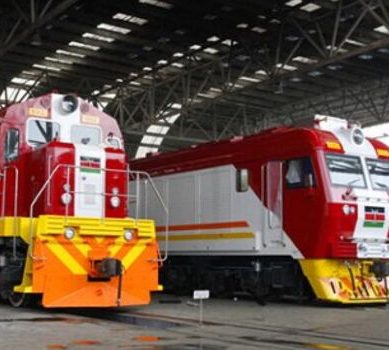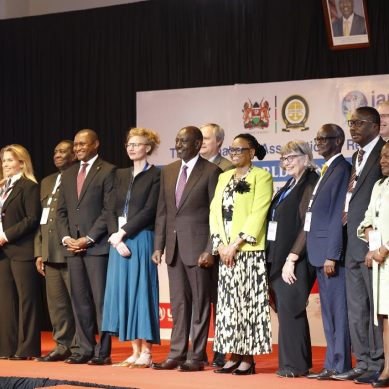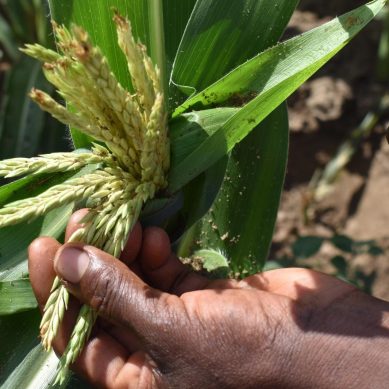
Property prices in Nairobi’s satellite towns inch up fastest since September 2022, demand in city’s suburbs thins
House prices in Nairobi’s satellite towns grew at the fastest pace in two-and-a-half years on rising demand due to more affordable prices, according to the HassConsult Property Price Indices for the first quarter of 2025.
Overall property prices rose by 2.45 per cent in the quarter, compared to growth of 0.8 per cent in the fourth quarter of 2024, while annual price growth stood at 4.9 per cent, compared to 5.2 per cent in the previous quarter.
In Nairobi’s satellite towns, asking prices rose by 2.4 per cent, with Juja and Limuru standing out with gains of between 4.2 and 4.0 per cent, respectively. All 10 surveyed towns reported price appreciation across all properties.
In contrast, property prices in Nairobi’s suburbs contracted for a fifth straight quarter, albeit by a slimmer margin of 0.4 per cent compared to 0.8 per cent in the fourth quarter of 2024.
“The overall price rebound was mainly driven by higher asking prices on property in Nairobi’s satellite towns, which led to growth of 2.4 per cent,” said Ms Sakina Hassanali, Co-CEO and Creative Director at HassConsult.
“The improvement of infrastructure and amenities has given satellite towns the convenience that was previously the preserve of suburbs but at a lower average price point of Ksh14.46 million ($111,841) per unit compared to Ksh32.46 million ($251,063) in the suburbs, putting them within reach of a larger buyer pool,” she said.
Rental prices across all properties edged up by 0.3 per cent in the period, marginally higher than the growth of 0.2 per cent for the previous quarter.
Similar to the trend is the sales segment, where asking rents in Nairobi’s satellite towns outperformed the suburbs in appreciation.
Led by Ruiru, Ngong and Limuru, with rental price growth of 5.3 per cent, 5.1 per cent and 4.9 per cent, respectively, the towns saw their quarterly rents go up by 1.9 per cent on average. Improving economic conditions, including stable and low inflation, allowed landlords in satellite towns to raise average asking prices.
Meanwhile, the city’s suburbs reported their first asking price contraction in two years at -0.8 per cent, which was weighed down by declines in asking prices in Muthaiga (-4.9 per cent), Nyari (-4.7 per cent), and Kilimani (-4.6 per cent).
The global economic uncertainty is influencing property markets worldwide, and Kenya is no exception. Geopolitical tensions, interest rate shifts and policy changes have prompted more cautious investor behaviour. For instance, the US commercial real estate sentiment dropped by 30.5 per cent in Q1 2025, while in Australia, investment lending rose by 18 per cent amid expectations of rate cuts and market volatility.
Locally, in the pricier city suburbs, the fall in asking prices revealed concerns about a fall in demand after the US cut off funding for its USAID programme and its affiliated programmes in Kenya. This action has led to mass layoffs, which affect the target market for the higher-end rental segment.
- A Tell Media / KNA report / By Joseph Ng’ang’a








